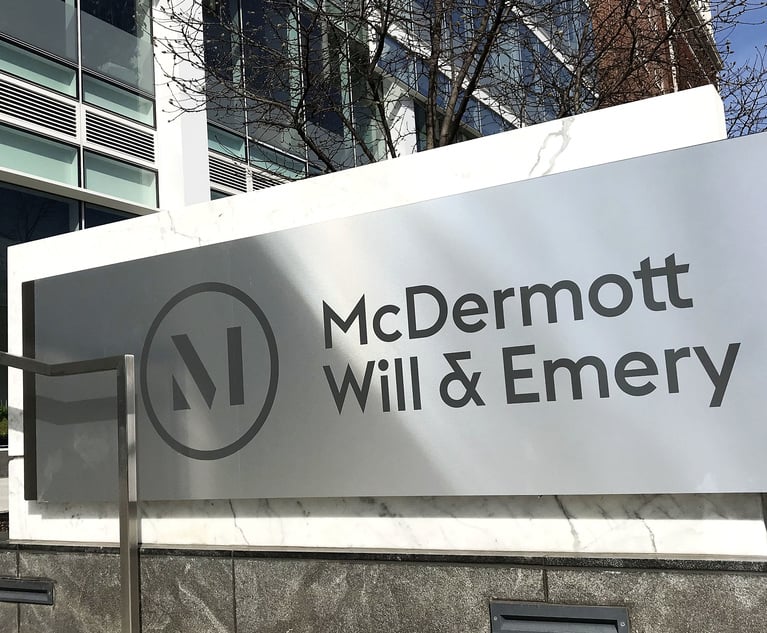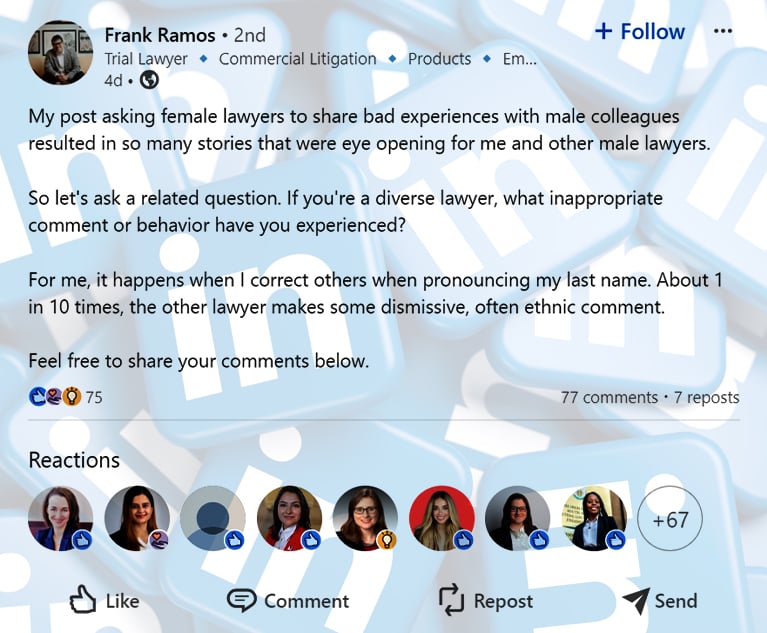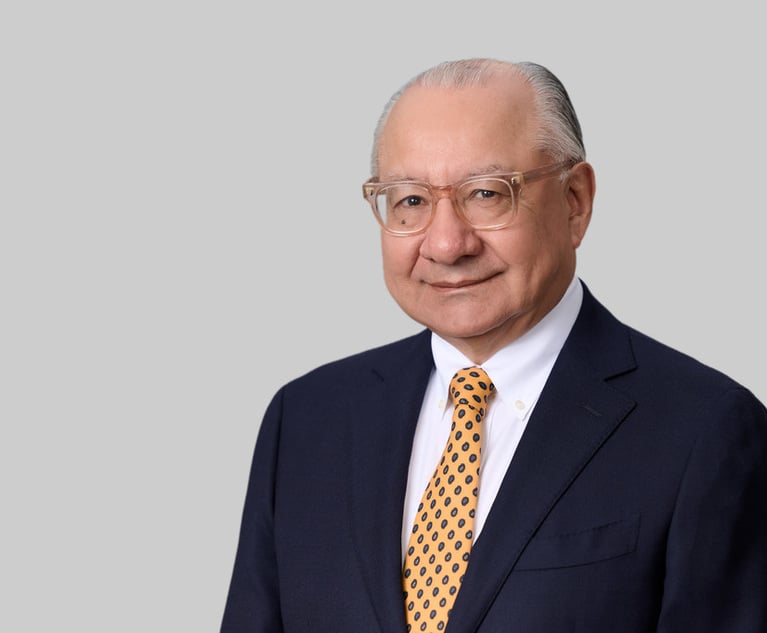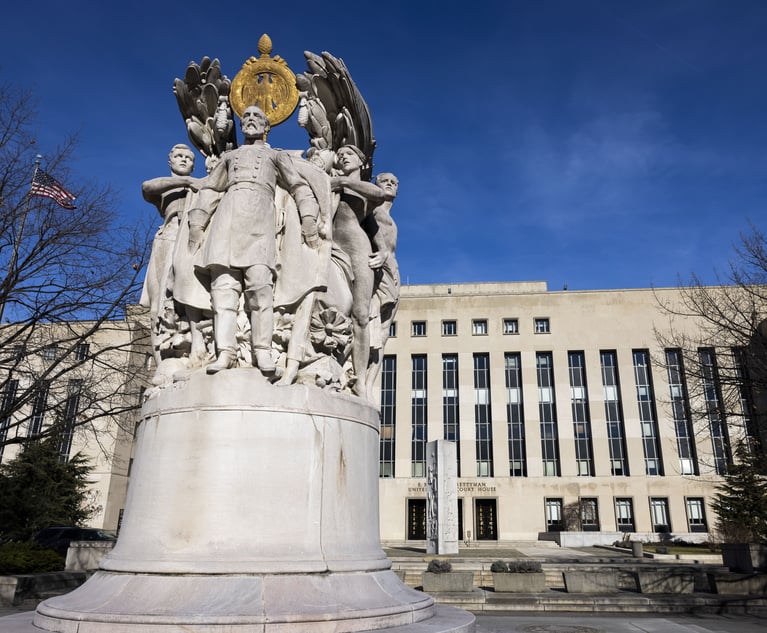On March 23, President Donald Trump signed Executive Order 13910 in response to the rapid spread of COVID-19. This order delegated to the secretary of the U.S. Department of Health and Human Services the authority under Section 102 of the Defense Production Act to prevent hoarding and price gouging of health and medical supplies.
The next day Attorney General Robert Barr wrote, “Once an item is designated, the statute makes it a crime for any person to accumulate that item either (1) in excess of his or her reasonable needs or (2) for the purpose of selling it in excess of prevailing market prices.”
Barr also announced the creation of a task force led by Craig Carpintino, U.S. attorney for New Jersey, to “address COVID-19-related market manipulation, hoarding and price gouging.”
On March 25, HHS designated the materials subject to Barr’s memorandum. The notice designates certain health and medical resources as scarce or threatened materials that are subject to hoarding prevention measures authorized under executive order and the act.
The act, signed by President Harry S. Truman in 1950, authorizes the president to direct industries to produce critical equipment for national defense. Section 102 prohibits any person from accumulating any designated materials “(1) in excess of the reasonable demands of business, personal, or home consumption, or (2) for the purpose of resale at prices in excess of prevailing market prices.”
Under the executive order and the act, the secretary of HHS may designate resources as scarce materials or threatened materials and prescribe conditions for the accumulation of these materials. The notice designated 15 materials as “scarce materials or threatened materials.”
Those were defined as “health or medical resources, or any of their essential components, determined by the secretary to be needed to respond to the spread of COVID-19 and which are, or are likely to be, in short supply or the supply of which would be threatened by hoarding.”
The designation of these materials is subject to periodic review by the secretary and will terminate after 120 days.
Individuals and businesses alike need to be aware of these designations because violations of the act may result in criminal penalties, and the Department of Justice has indicated a commitment to preventing hoarding and price gouging.
In a March 24 memorandum to U.S. attorneys, Barr explained that the DOJ “will aggressively pursue bad actors who amass critical supplies either far beyond what they could use or for the purpose of profiteering. Scarce medical supplies need to be going to hospitals for immediate use in care, not to warehouses for later overcharging.”
The designated materials include ventilators, respirators, other breathing devices, face shields, masks, gowns and medical gloves.
This price gouging has led to eBay-like competitions to purchase medical supplies.
Price gouging has been so severe, ProPublica reported states such as New York bought masks at 15 times their normal price and paid $20 for medical gloves that cost less than a nickel, $2,798 for infusion pumps at twice their normal rate and $248,000 for portable X-ray machines that normally sell for $30,000 to $80,000. Normally, ztates do not have statutes covering price gouging except in times of emergency, but such statutes apply to sales of consumer goods, not orders by states.
Due to the price gouging, New York Attorney General Leticia James issued a cease and desist order for a New York City hardware store charging $7.99 for 1,200 ml of hand sanitizer. She also issued a cease a desist order for a supermarket in Queen that was charging $14.99 for a 19-ounce bottle of disinfectant spray.
In response to the urgent need for supplies, New York Gov. Andrew Cuomo issued a form for companies to complete if they have excess supplies that could be used in the COVID-19 public. emergency. By using the form, companies are subject to a streamlined process to sell or donate supplies to the state.
On the enforcement side, the DOJ and HHS seized 192,000 N95 respirator masks, 598,000 gloves and 130,000 surgical masks and other personal protective equipment, and disinfectant March 30 from a New York City man allegedly hoarding the supplies under the authority of the act. Pursuant to the act, fair market value will be paid to the owner and the materials will be redistributed to New Jersey, New York state and New York City health agencies.
When confronted by the FBI, the man allegedly coughed on them, claiming he had COVID-19, and he allegedly also lied about working for a company that sold medical equipment. The man is under arrest for assaulting a federal agent and lying to the FBI.
On Friday, Cuomo stated that he would sign an executive order to allow the National Guard to enter hospitals and healthcare facilities “to take unused ventilators and other medical supplies so that they can be used in other parts of the state in desperate need of more resources.”
Not all is bad, however, on Saturday, Cuomo acknowledged Oregon and the Chinese government for stepping up to lend ventilators to New York. China is providing 1,000 ventilators and Oregon is sending 140 ventilators. Cuomo said that he would “return it double-fold” once the crisis has ended.
Hardly a day goes by day when shortages of these materials are not reported. Businesses in the supply chain and health care facilities should closely monitor these designations, particularly when it comes to supplies such as ventilators and personal protective equipment.
Mark Schnapp, Aldo Leiva, Michael Clark, Joe Whitley and Elizabeth Cappiello are part of Baker Donelson’s government enforcement and investigations group.
Read more:
‘You Will Be Hearing a Knock on Your Door’: William Barr Warns Coronavirus Profiteers
NOT FOR REPRINT
© 2024 ALM Global, LLC, All Rights Reserved. Request academic re-use from www.copyright.com. All other uses, submit a request to [email protected]. For more information visit Asset & Logo Licensing.


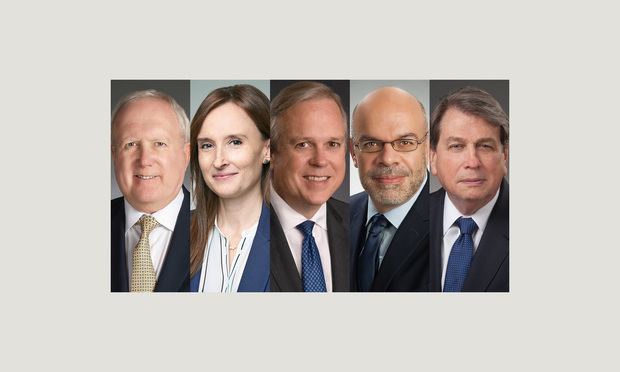 Mark Schnapp, Elizabeth Cappiello, Michael Clark, Aldo Leiva and Joe Whitley, Baker Donelson
Mark Schnapp, Elizabeth Cappiello, Michael Clark, Aldo Leiva and Joe Whitley, Baker Donelson
